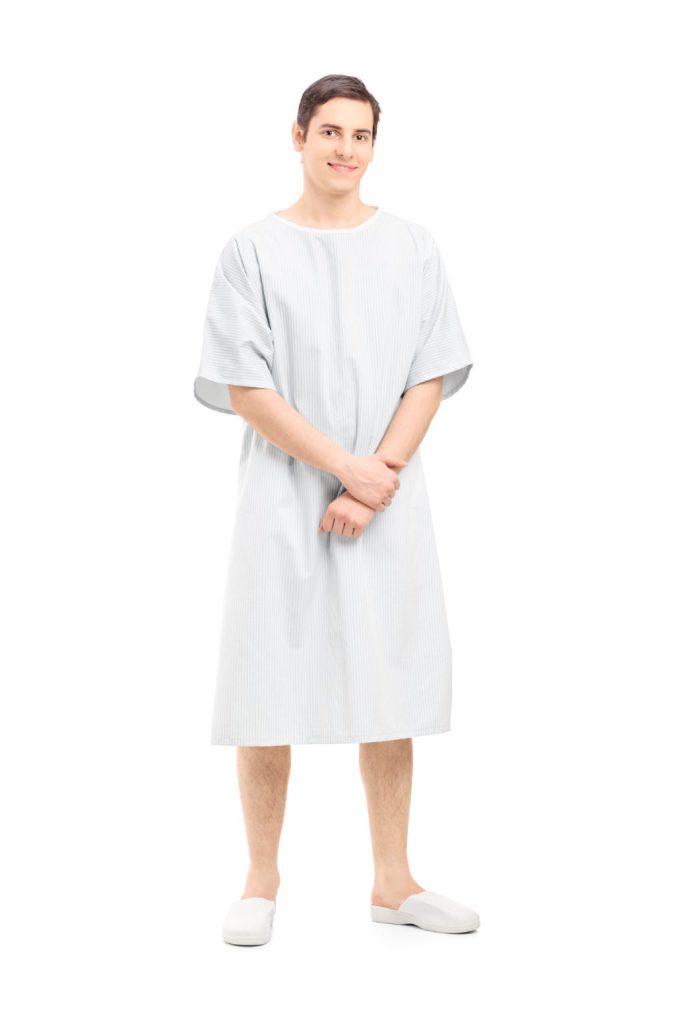Facial Recognition for Hospitals –
Should You Care About Your Privacy?

Written by: Reese Jones.
Up until recent years, the use of Face Recognition Software was mainly associated with the security industry. However, the use facial recognition software is now spreading to new emerging markets including the healthcare market. In this post, we try to establish whether revolutionizing healthcare by using facial recognition has a damaging side-effect of risking your privacy.
Facial recognition before medical treatment
Facial recognition technology is now being used in order to verify the identity of patients before they receive cancer treatments.Parker Adventist Hospital can now scan a patient’s face to obtain patient identity and confirm their respective treatment. The technology removes human error, and according to the director of the radiation center Dr. Amy Horner, “It essentially verifies that we have the right patient for the right treatment at the right time, every time.” Moreover, the technology allows for a no contact procedure, which is important for patients whose immune systems are compromised. The model is leading the way in then use of facial recognition for the treatment of cancer.
On somewhat similar note, Face-Six has announced last year the launch of its FA6 Med software, which allows nurses and doctors to verify patients’ identity before they get medical treatment. Unlike the solution of the Parker Adventist Hospital, the FA6 software also uses a smartphone device, allowing staff members to verify patients’ identity throughout the hospital including in their beds before receiving their daily treatment, in treatment rooms and at the different labs.
Facial recognition against hospital scalpers
The tech magazine Technode has recently reported that China uses facial recognition to crack down on hospital scalpers in Beijing. The authorities are looking to stop the illegal sale of medical appointments at inflated rates. Scalpers have emerged as a result of hospital patients hoping to skip long queues. This in turn creates longer waiting hours for those who can’t afford the ludicrous prices. The Beijing Municipal Health Commission reported that 30 hospitals in the city have collected facial data of more than 2,000 people who’ve been punished for booking and selling medical appointments in bulk. The software uses visual data to flag suspected scalpers when they enter one of the Beijing hospitals.
Should you be worried?
While facial recognition technology is becoming increasingly popular in the healthcare industry, voices of concern are now being heard. Although the technology is exciting and offers a great value to hospitals and patients, ethical issues have been raised regarding privacy and data protection.
The Journal of Ethics explored the privacy considerations that come with facial recognition technology, specifically related to obtaining informed consent of patients whose facial data has been acquired.
An issue that may concern a lot of patients is that their facial identification could be stolen and used for other purposes, especially as the technology becomes more widespread.
And although some might argue that stilling your biometric data is a real concern, the question is how is it different from stealing your personal medical record?
Even if we argue that both have the same harm potential – has anyone even ever considered stop getting medical treatment because their personal record might be stolen?
Now if facial recognition can save you from getting someone’s else treatment, are you really insisting on not using it because of the remote chance that someone might steal your data? Well, making “brave” statements behind your PC is one thing, but getting someone’s else treatment because you opted out of the face recognition system does seriously question your decision-making ability.
